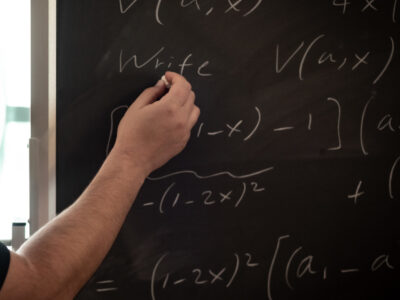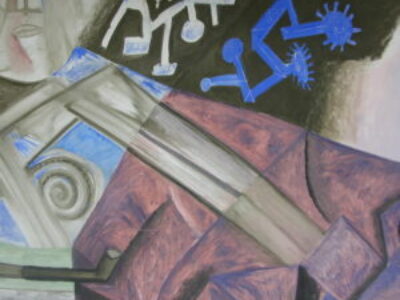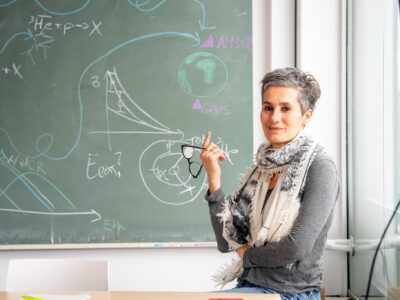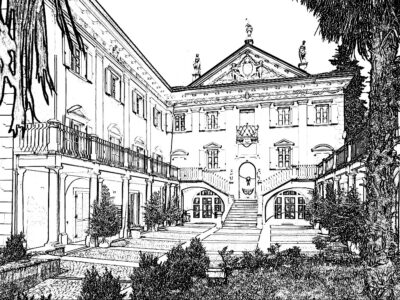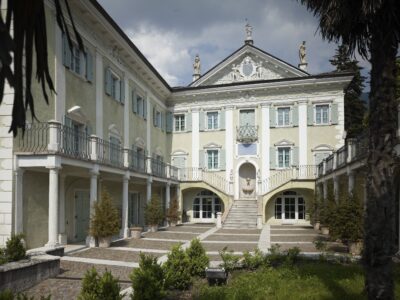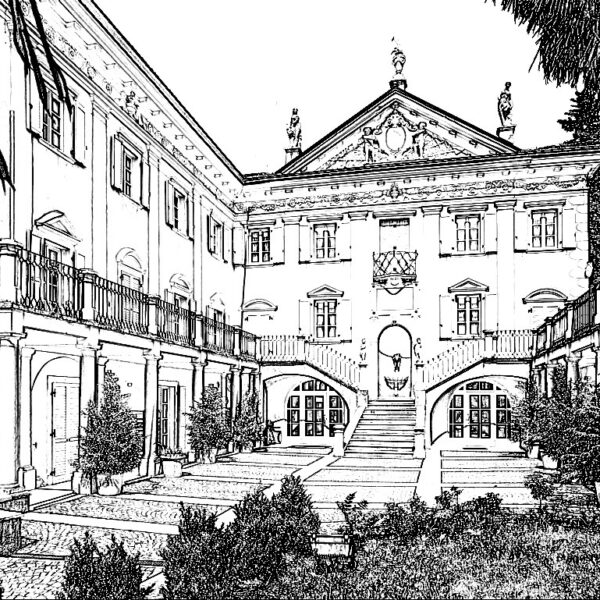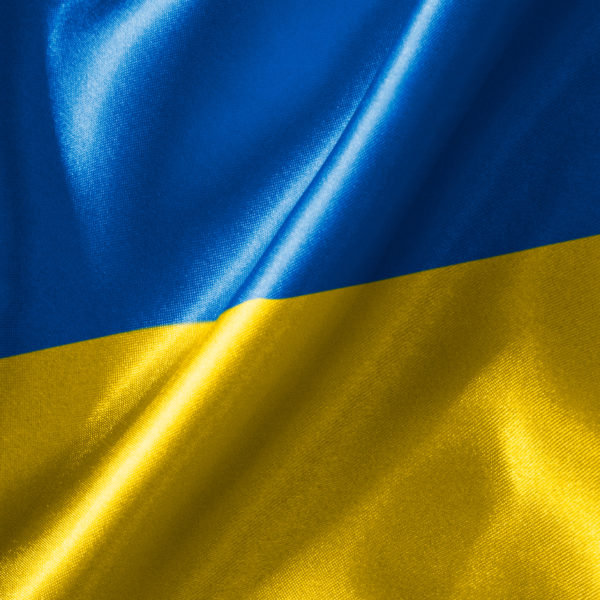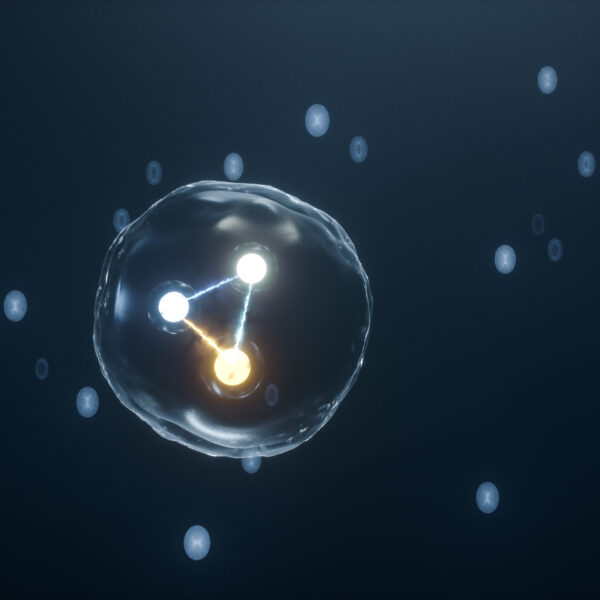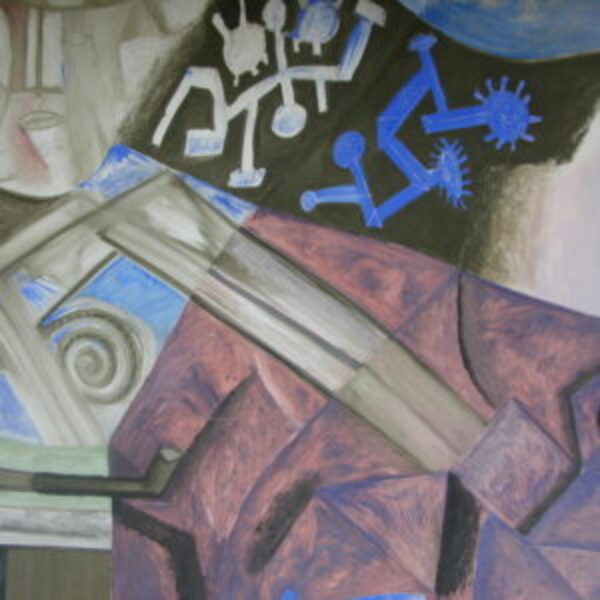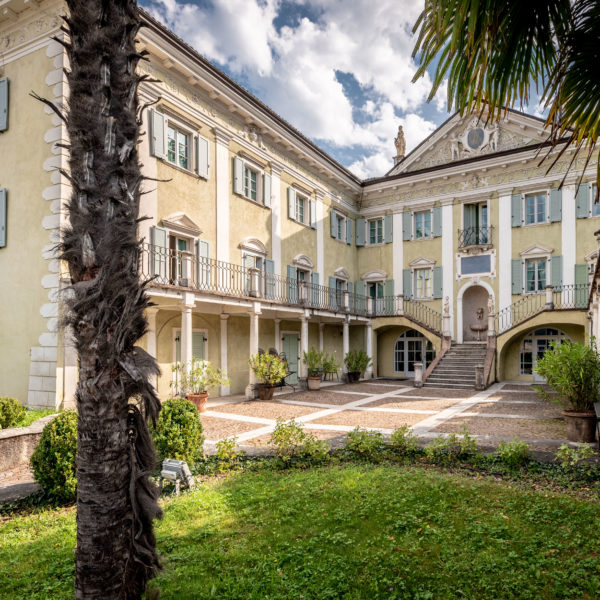Highlights
-
All participants to the workshop can find useful information regarding their attendance to the ECT* workshop on the dedicated webpage.
Read more -
The European Centre for Theoretical Studies in Nuclear Physics and Related Areas (ECT*) firmly condemns the aggression of Russian Federation against Ukraine and the breach of international law by the Russian government.
Read more
Latest news
-
11 April 2024A specific call has been opened by the Province of Trento for researchers and/or professors working abroad.More info
-
13 November 2023Unraveling the structure of the nucleon with the EIC, Charlotte Van HulseMore info
-
19 October 2023Results of international collaborations highlighted in the Journal of Physical and Chemical Reference Data and in Physical Chemical Chemical PhysicsMore info
Upcoming events
-
Quantum technology is a fast-developing field with a wide range of promising near-term applications, from quantum simulation of quantum many-body systems to hybrid quantum-classical algorithms. The aim of the Quantum Science Generation Workshop 2024 is to cover some of the most important aspects of those developments and provide an equilibrated up-to-date overview of the most active areas of research within this field. The workshop’s topics will include (i) optical and condensed matter platforms for quantum computing; (ii) quantum simulation of problems of interest for condensed matter, nuclear, high-energy, or gravitational physics; and (iii) hybrid quantum algorithms for optimization problems. The workshop is specifically addressed to young researchers at the PhD/PostDoc level, active in different areas of quantum science and technologies with the aim of promoting and initiating fruitful scientific discussion.More info
-
Neutron stars are rich laboratories for physics, combining all four fundamental interactions and many phenomena associated with them under extreme conditions. One of the most intriguing questions is: what type of matter do we find in the core of such a compact object? One of the conceivable composition is a strangeness-dominated hadronic matter. However, the determination of the EOS of such neutral hadronic matter remains even after many decades of research one of the biggest challenges. Hadrons with strangeness embedded in the nuclear environment, hypernuclei, strange atoms, and multiparticle correlations are the most relevant terrestrial laboratories to approach the many-body aspect of the three-flavor strong interaction in the laboratory. The goal of the workshop is to assess the present status of the field, to agree upon future cutting-edge studies and to define the experimental objectives. The workshop will help to identify potential synergies between the different activities, which might also set the framework for new networking activities between researchers.More info
-
The proposed workshop is dedicated to studying small-x physics in the beyond the eikonal approximation, that is, concentrating on the phenomena suppressed by one or more powers of Bjorken x which are usually neglected in the traditional eikonal small-x physics. These include questions about the proton spin structure and the spin puzzle at small x, involving the spin-dependent PDFs and TMDs, along with the power-of-x corrections to the eikonal scattering on a nucleus, which are enhanced by the powers of the atomic number of a large nucleus and are, therefore, important. All these questions are central to the physics to be probed at the future Electron-Ion Collider (EIC). Attempts at unifying large-x and small-x evolution will also be discussed.More info
-
From stochastic annealing to diffusion models, the unreasonable effectiveness of physics concepts for the design of powerful machine learning algorithms has become increasingly apparent over the past two decades. Likewise, similarities between renormalization group transformations and neural networks are being explored for various applications, ranging from hierarchical models in computer vision to trivializing maps in lattice field theory. On the other hand, there has als been growing interest in the utilization of information bottleneck and quantum field theory techniques towards an improved theoretical understanding of the empirical successes of deep learning. Furthermore, exciting mathematical connections between functional renormalization group equations and optimal transport theory are being understood for the first time. This interdisciplinary workshop aims to provide an interface for experts from different fields sharing a common interest in this topic, with the goal of advancing our collective understanding and identifying promising directions for future work.More info
-
Which is the connection between quantum physics and general relativity (i.e. gravity)? Despite the various proposed Quantum Gravity theories, it is not yet clear if gravity should indeed be quantized. Actually, there are proposals going in the opposite direction, i.e. to gravitize quantum physics, or even models where gravity is an emergent phenomenon from quantum collapse. At the other side of the spectrum, Quantum Theory itself faces the “measurement problem”, expressed by the Schroedinger’s cat paradox, which received numerous possible solutions, including the collapse models, some of which connected with gravity. We plan to discuss in the framework of our workshop the interplay between Quantum Gravity and Quantum Collapse Models, in particular in relation to nuclear and atomic physics energy scale signatures for experiments in underground laboratories, which, thanks to their extreme precision, can test theories beyond the Standard Model facing the clash between quantum theory and gravity.More info
